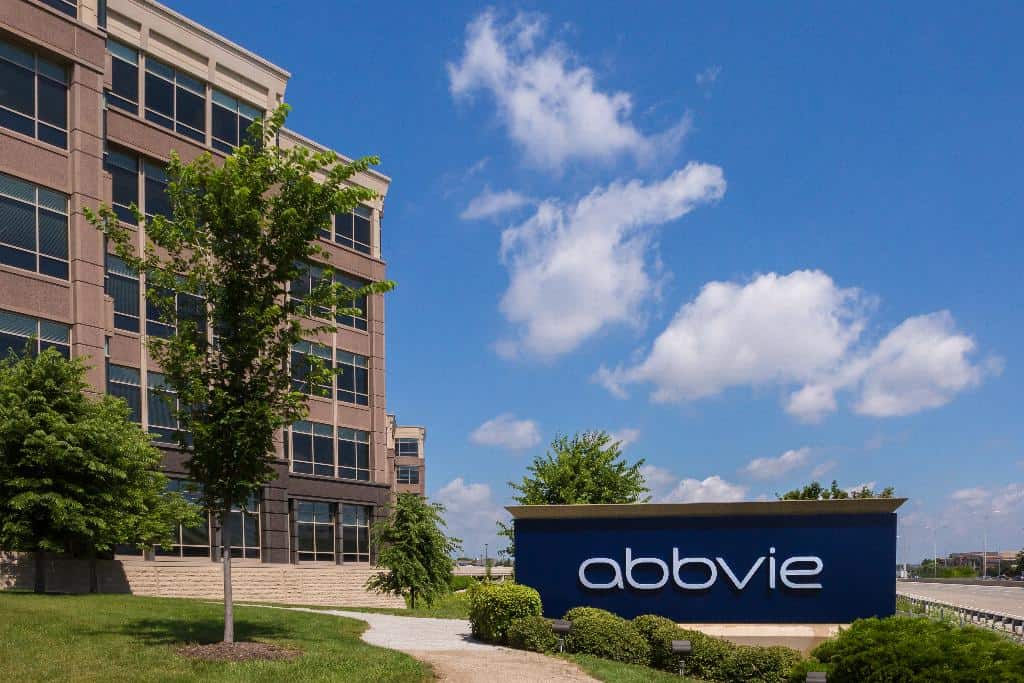
AbbVie has run out of patience on its antibody-drug conjugate Rova-T after yet another failed trial in lung cancer, and has decided to abandon the programme.
The drugmaker acquired Rova-T via its $9.8bn takeover of Stemcentrx three years ago, on the back of encouraging mid-stage clinical data with the drug in small cell lung cancer. However, since then it has seen a series of failed trials as a third-, second- and now as a first-line maintenance treatment in the phase 3 MERU trial.
Rova-T (rovalpituzumab tesirine) consists of an anti-DLL3 antibody linked to a cancer-killing agent called pyrrolo-benzodiazepine. Approximately two-thirds of patients with SCLC have high levels of DLL3 on the surface of tumours, and the biomarker is thought to be absent from heathy adult tissues.
AbbVie is now shutting the project down in order to funnel its R&D dollars into more promising projects, rather than exploring its use in other DLL3-positive tumour types.
At the time of the Stemcentrx acquisition Rova-T had been tipped as a possible $5bn-a-year blockbuster, based on the lack of effective treatment options for SCLC patients and its potential in other cancers. Earlier this year AbbVie said that it would record an impairment charge of about $4bn in relation to the deal.
MERU compared the ADC to placebo as maintenance therapy following first-line, platinum-based chemotherapy for SCLC, but found no survival benefit with the drug.
That followed disappointing readouts for the TAHOE trial as a second-line therapy – which found worse survival rates with the ADC than in the control group – as well as the third-line TRINITY study. Underlining all the efficacy failures was a toxicity profile that has been described as challenging even for a cancer drug.
“Small-cell lung cancer continues to be one of the most difficult-to-treat cancers where there is a significant need for transformative therapies,” said Margaret Foley, head of solid tumour development at AbbVie.
“We are disappointed with this outcome for the patients who suffer from this disease,” she added.
At the time of the Stemcentrx acquisition – valued at $5.8bn with another $4bn in development and commercial milestones – AbbVie was desperately seeking bolt-on deals to expand its pipeline and reduce its reliance on $20bn blockbuster TNF inhibitor Humira (adalimumab).
In June it agreed to acquire Allergan in a $63bn deal that adds $16bn in annual sales from products like wrinkle treatment Botox, diversifying its revenue stream.




